What does it take to turn tragedy into advocacy, and advocacy into lasting change? This week, Reid and Aria are talking to Warriors head coach Steve Kerr and Kris Brown, president of Brady, the nation’s oldest gun violence prevention organization. Together, they explore how sports, storytelling, and civic engagement can move the needle on one of America’s most polarizing issues: guns.
In the first part of this episode, Steve and Kris share the personal and political roots of their partnership. They also dive into the movement for safer gun storage, smart firearm technology, and the bipartisan momentum that’s possible when we lead with empathy over fear.
In the second part, the conversation turns to the future of basketball and leadership. Steve reflects on lessons from Phil Jackson and Gregg Popovich, the power of authenticity and collaboration, and how AI, analytics, and even robotics are reshaping the NBA.
For more info on the podcast and transcripts of all the episodes, visit https://www.possible.fm/podcast/
Topics:
01:14 - Hellos and intros
03:28 - Collaboration is the cornerstone of Steve’s leadership philosophy
04:22 - Imposter syndrome, playing under Phil Jackson and Greg Popovich, and coaching Draymond Green
06:02 - Steve’s personal experience with gun violence and using his platform to drive change
07:17 - Lessons Kris learned from working on the Brady Bill
10:43 - Gemini explains the landmark Brady Bill and how it passed
11:48 - Origins of Steve and Brady’s partnership
16:55 - Building bipartisan support for gun violence prevention, like the Bipartisan Safer Communities Act
21:21 - Smart gun technology, gun safes, and other technological solutions
25:27 - “Shut up and dribble” comment and the pushback athletes receive when they speak up
27:29 - Social media as a tool to create cultural change
29:39 - Kris answers the last rapid-fire question and says her goodbyes
32:33 - Midroll
32:38 - Steve digs deeper into Phil Jackson and Greg Popovich’s coaching styles
34:40 - Inspiration v. comparison
35:22 - Hiring staff who bring specific strengths helps form a stronger team
36:21 - Endgame instincts as a coach
39:37 - Helping players navigate modern-age attention and public opinions on social media
42:01 - Internal leadership from players is crucial and Steph Curry as an example
44:33 - How NBA analytics have evolved
46:52 - The Warriors are planning to implement AI-powered robots into their training
47:56 - Players wear monitors that analyze their performance data
49:17 - Discoveries from players’ performance data
50:46 - Analyzing game footage with AI, facial recognition technology, and learning that Steph Curry logs the most miles ran per game in the league
52:56 - Using game footage data to learn opponents’ patterns and build game plans
54:05 - Correlating physical condition and shot success percentage for each player
56:19 - Rapid-fire questions
Select mentions:
Phil Jackson
Greg Popovich
Brady Bill
Uvalde school shooting
Bipartisan Safer Communities Act
End Family Fire Campaign
Maxwell Frost
Matthew McConaughey
Dan Grunfeld
Lopez Twins
Maverick: More than a Game by Phil Jackson and Charley Rosen
Daryl Morey
A Gentleman in Moscow by Amor Towles
March for Our Lives
Possible is an award-winning podcast that sketches out the brightest version of the future—and what it will take to get there. Most of all, it asks: what if, in the future, everything breaks humanity's way? Tune in for grounded and speculative takes on how technology—and, in particular, AI—is inspiring change and transforming the future. Hosted by Reid Hoffman and Aria Finger, each episode features an interview with an ambitious builder or deep thinker on a topic, from art to geopolitics and from healthcare to education. These conversations also showcase another kind of guest: AI. Each episode seeks to enhance and advance our discussion about what humanity could possibly get right if we leverage technology—and our collective effort—effectively.




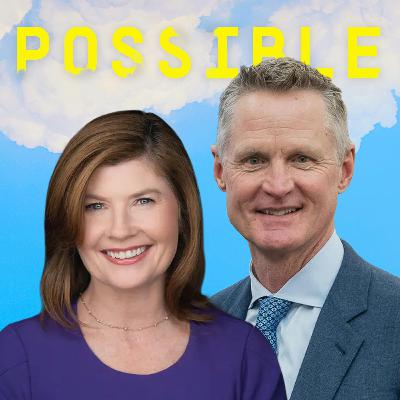


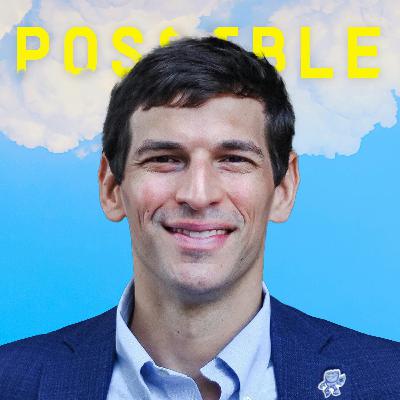

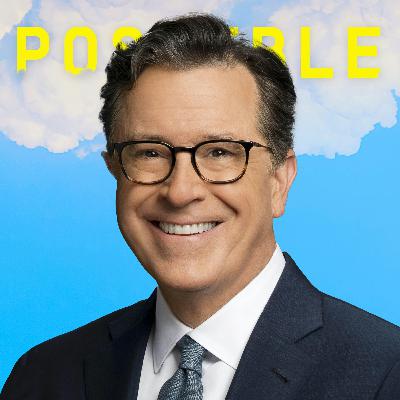
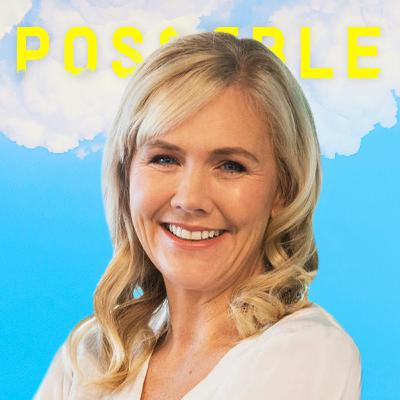
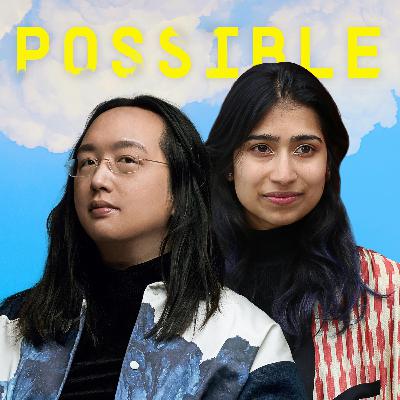
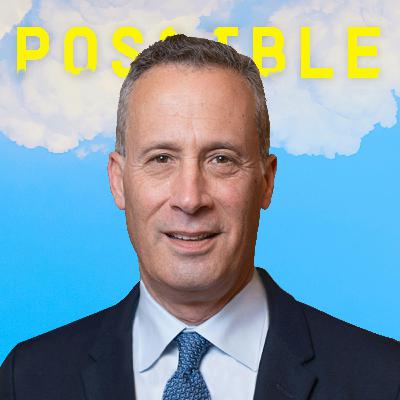






pop
what's access is this, I've been trying to learn English so I try listen to podcasts?
insight
Jadwal Persib merupakan tim favorit penggemar sepak bola di tanah air yang berhasil memenangkan Liga 1 BRI di tahun 2024 ini. #jadwalpersib #jadwalpersibliga1 #jadwalpersibbandung Contact: - Location: Graha DLA, Jl. Otto Iskandar Dinata No.392 Lantai 3, Nyengseret, Astanaanyar, Bandung City, West Java 40242, Indonesia - Phone: +6281382507199 - Email: support@jadwal-persib.id - Website: http://jadwal-persib.id/ Social: https://www.facebook.com/jadwalpersibid/ https://twitter.com/jadwalpersibid https://www.youtube.com/@jadwalpersibid/about https://www.pinterest.com/jadwalpersibid/ https://vimeo.com/jadwalpersibid https://bit.ly/m/jadwalpersibid https://gravatar.com/jadwalpersibid https://www.blogger.com/profile/01148279146260460163
La música que estás escuchando aquí está toda disponible en spotify premium, además hay muchas otras músicas que no conoces en https://apkclasico.com/spotify-premium.html
amazing this is a materpiece I will share this in https://spotigeek.com.tr/
Best resort in Lonavala, Welcome to Lonavala’s most comfortable and affordable Hill Forest Resort combines comfort and nature with stylish rooms, exquisite dining, and beautiful scenery, ideal for a peaceful retreat.https://dmhospitalityservices.com/resort/best-resort-in-lonavala-hill-forest-resort
Best hotels in Lonavala | comfortable and stylish hotel | RajdhaniBest hotels in Lonavala, Best luxury hotels and resorts in Lonavala are Rajdhani resort, Hill Forest resort. DM hospitality is a premier hotel and resort located in Lonavala offering luxurious amenities and services for all types of guests.https://dmhospitalityservices.com/hotel/best-hotel-in-lonavala-rajdhani-hotel
slope game [url=https://slope-3d.com/]slope game[/url] [slope game](https://slope-3d.com/) https://slope-3d.com/
This program is so good. not only focusing on advanced technologies but also exploiting the potential of artificial intelligence to improve human lives in many different fields. The program opened up opportunities for me for new thoughts and actions. Thank you very much for the program slope game.
🔴WATCH>>ᗪOᗯᑎᒪOᗩᗪ>>👉https://co.fastmovies.org